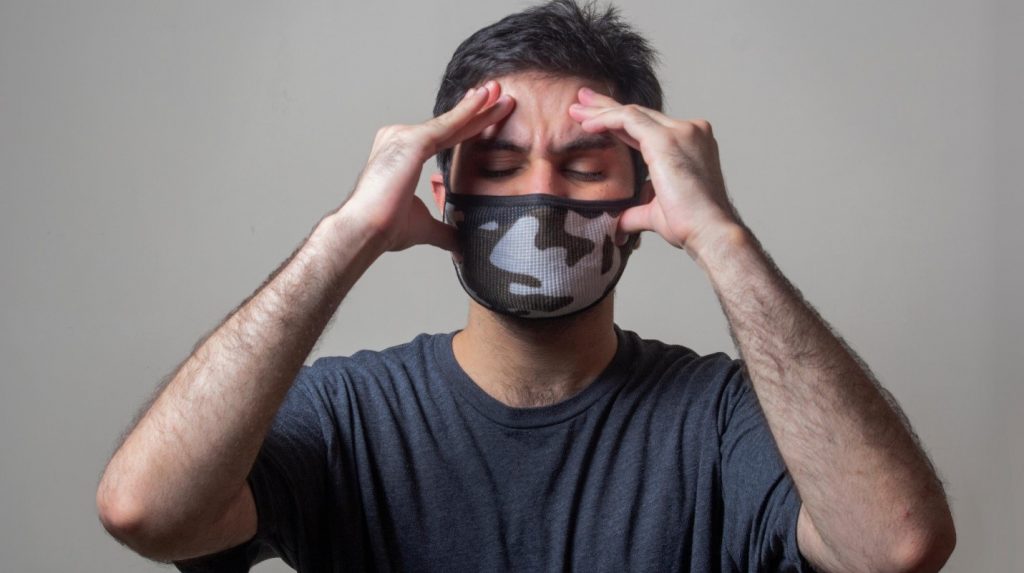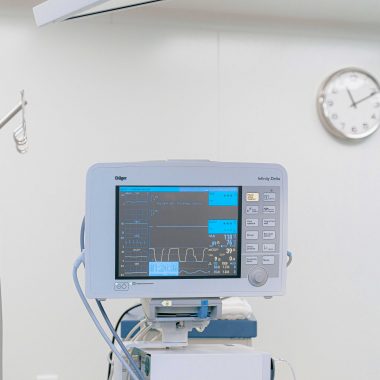Migraines are severe headaches that feel like throbbing pain, usually on one side of the patient’s head.
Several factors can cause a severe or moderate migraine. Some of these factors are psychological, like stress brought on by work, school, or just home life.
These factors can trigger a severe or moderate migraine headache that can last for hours and completely cripple you for the rest of the day.
A migraine can also be caused by outside influences or stimuli, like solid smells like perfumes, car fuels, and even paint thinner or house paints.
Stimuli, such as bright flashing lights and loud music, can also trigger a migraine that might take hours to subside and cause extreme glare and sound sensitivity where the person becomes extremely sensitive to lights, which means the slightest bit of sunshine can cause them more severe pain.

When suffering a strong migraine, you might hear advice like sitting in a dark, quiet room and trying to relax your muscles and not think of anything. And, although that might be extremely hard when you’re in blinding pain, believe us, these tips do help tremendously.
What are the symptoms of a Migraine?
The main symptom of a migraine is a severe or moderate headache. In addition, it is very uncomfortable, which is why many people become irritable when in the middle of an attack.
It is described as throbbing or pounding pain in your head that can cause you to become more irritable and disagreeable

The pain can be just as mild as a chronic tension or cluster headache, or it can also be very severe that it even hurts to smile or talk or move the muscles in your face. Sometimes the pain can become so powerful that you can’t even lay your head on a pillow. Touching your face can be unbearable, and looking at a light can cause it to become even worse.
It is much more than just a headache. It’s a disease that can nearly cripple you.
The horrible pains and severe trauma you’re subjected to while suffering a migraine attack can cause all kinds of issues.
Migraines can also have severe side effects, such as nausea, joint pain, and shakiness.
These side effects can leave whoever suffers from them completely unable to get out of bed for days.
Migraine headache pain medication can help tremendously if your migraine is very severe and causes you to struggle. You can reduce the pain with non-medical approaches like taking a nap or taking a warm bath while relaxing with the lights off in a nice silent room.

What are the best treatments for a migraine?
Severe daily or regular migraines should be reported to your healthcare provider. However, if your migraines are frequent, cause severe pains every time, and lead to light and sound sensitivity, they must be checked by a doctor.
A doctor might perform a head CT scan on the patient’s head to check and see how healthy their brain and brain activity are.
If your brain seems off or the doctor catches something off in the picture, like a brain tumor that can cause severe pains, they will perform a biopsy on your brain and take a small piece of the suspected tumor to study in the lab and rule out cancers.
Some people have a higher pain tolerance than others, meaning they might not report back to a doctor or take themselves to the hospital immediately and will silently suffer. Unfortunately, this isn’t very good because sometimes, ignoring your pain may lead to more severe consequences.
People who ignore their pain, thinking it’s just a migraine or a bad headache and it’ll go away, can miss the fact that they might be struggling with cancer. They might even end up with a tumor growing on their brain but not even know it.
Getting checked now and then is very scary and new, but don’t forget that this is for your safety and well-being.
Make sure to get checked if your migraines last more than usual.








